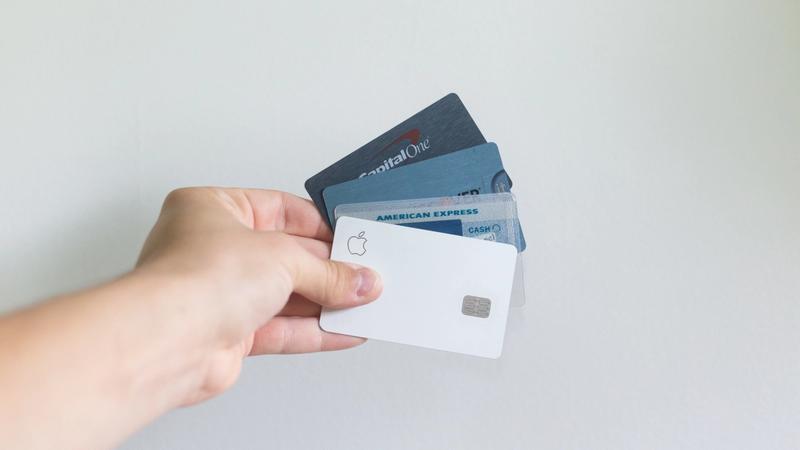
How to Respond to Business Debt Collection Letters
Financially struggling businesses often have difficulty paying creditors, and receiving a business debt collection letter can be one of the first signs things are getting serious for your company.
If your business is receiving final-warning letters and letters of demand, what should you do? We explain what business debt collection letters are, and offer suggestions on how to best respond to them, here.
What are business debt collection letters?
Business debt collection letters are letters requesting payment of overdue debt. It’s useful to understand these letters in their order of escalation in debt collection. For example, debt collection letters from the creditor – rather than their lawyer or a debt collection agency – could be considered to be among the earlier stages of debt collection.
Your creditor might start with a friendly payment reminder through phone, email, or post if your invoice payment is late. They might proceed with a second reminder before contacting you with a final notice. If the final notice is ignored or the debt remains unpaid, the creditor might make direct contact with you.
The next step is likely to be a formal letter of demand. The letter of demand doesn’t have to take a particular legal format, but it’s typically the last warning letter you will receive before the creditor takes action.
So how can you tell it’s a letter of demand? The creditor will usually mention starting legal action or using a debt collection agency if you don’t make payment within a given time frame. After this, the creditor might proceed with court action or engage a debt collector to recover the debt.
Note that while debt recovery through courts is governed by state and territory laws and court procedure, before a debt-recovery action reaches the courts the process isn’t covered by specific laws. In other words, at this stage the creditor is still following their own debt collection process. However the ACCC’s guidelines suggest creditors should contact debtors for reasonable purposes only and avoid harassing actions.
How should you respond to a business debt collection letter?
Business debt collection letters should be taken seriously and you should try to respond to the request as quickly as possible. Avoid ignoring them since this could escalate the issue. Try communicating with the creditor and get legal advice so you know your rights and options.
Start by verifying the details in the letter. Check the name of the creditor and the amount owed. If it’s incorrect, you will want to ask for more details and dispute the debt. You could dispute the debt by consulting a lawyer to help with drafting a letter to let the creditor know the debt is not yours.
If the debt is your or your company’s debt, consider paying off the full amount if you can. If you’re unable to repay the full amount, consider approaching the creditor to negotiate a payment plan. It’s likely your creditor would prefer accepting repayment in instalments to escalating the process to court action, as this can be costly for all parties involved.
What happens once you’ve received a letter of demand?
A letter of demand is usually a more serious type of business debt collection letter, one that warns your business about starting court action if the debt isn’t paid. It can be written by the creditor or their lawyer.
If you’ve received a letter of demand, it’s possible you’ve already had prior reminders and requests for payment.
Check the letter for the specifics, including how much the creditor is claiming, why they think you owe them money, and when you need to pay. The letter should also outline the consequences – such as launching court action – if you don’t pay.
It’s a good idea to get legal advice when you receive a letter of demand. This could help you decide the best way to respond.
- Deny – If you don’t owe the money, you might decide to respond quickly and let the other party know why you don’t think you owe them the money.
- Information – You could respond by asking for more information without denying or admitting you owe the money.
- Payment – You could admit you owe the amount and offer to pay a lump sum payment or instalments. Alternatively, you could negotiate and offer to repay a different amount if you think you owe less than claimed.
- Mediation – You could ask to go to mediation to resolve the dispute.
Remember your responses could be used against you if the dispute goes to court, so avoid saying anything that could be detrimental to your case. Check monetary amounts, dates, and other details to ensure they’re correct, and consult with you legal advisor before giving a response.
Business debt collection letters could be a sign of bigger issues
Business debt recovery letters could be early signs of insolvency issues in your business, and letters of demand are typically last-warning letters before court action.
If you’ve received a debt recovery letter, check it carefully and get legal advice on the best way to respond. It’s recommended that you do not ignore these letters, and instead you should try to stay in touch with creditors and resolve the situation before it enters the court system.
Australian Debt Solvers are industry leaders in financial and legal advisory for businesses with financial problems. If you’ve received a debt collection letter or letter of demand, don’t delay. Contact us for expert legal and insolvency advice on the best way to respond on 1300 789 499.
We care about our customers
At Australian Debt solvers we take feedback seriously and pride ourselves on providing the best customer services possible
Rated 5 out of 5
